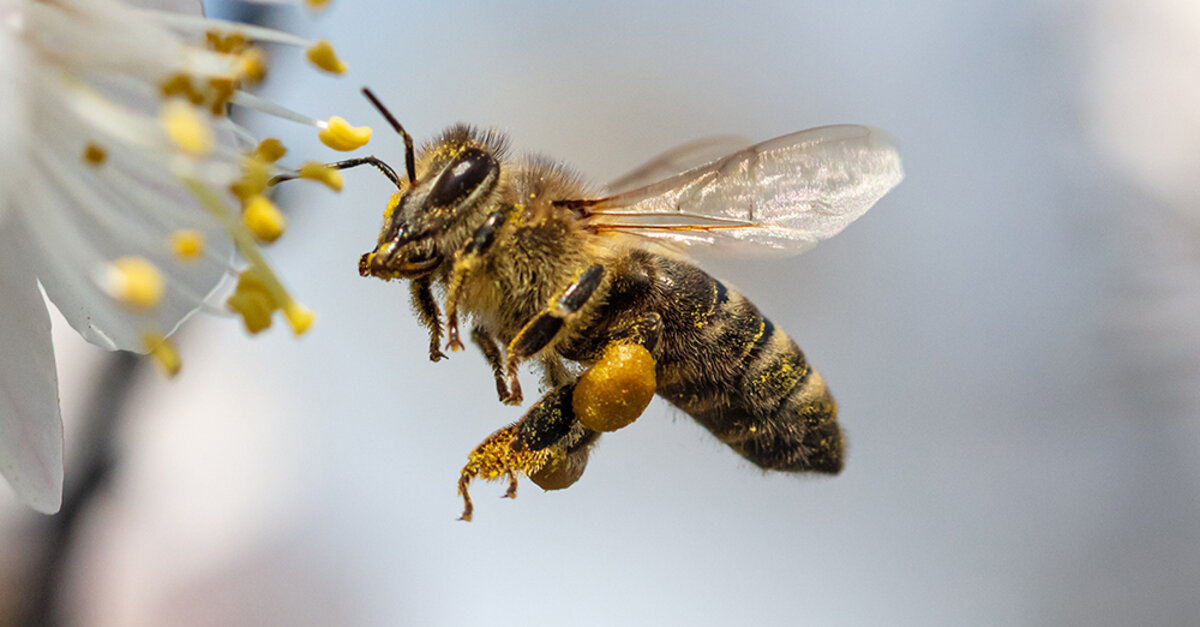As Mother Jones reports, a century of heavy pesticide usage has not been kind to the honey bees of North America. In the last few decades a new class of insecticides called neonicotinoids have contributed in no small measure to hive collapse. Many e birds in the United States, where bird populations have dropped by an estimated 29 percent since 1970, bird species are also dying out or in danger due to the presence of neonicotinoids in their food chain.
According to NPR, neonicotinoids, unlike other pesticides that coat the surface of a plant, become integrated with the cells of the target, eventually being expressed in pollen strains, ingested by bees. Once transmitted to pollinators, the substance attacks the nervous system, leading to confusion and death. Given the widespread use of these insecticides, that single example has been multiplied by billions across the whole of Europe, year after year.
More at link.
What you can do personally.
Teams of scientists around the country, and the world, are taking the disappearance of the honey bee seriously, and you can, too. It starts with taking small steps, like planting wildflowers in your yard or community.

 blog.theanimalrescuesite.greatergood.com
blog.theanimalrescuesite.greatergood.com
According to NPR, neonicotinoids, unlike other pesticides that coat the surface of a plant, become integrated with the cells of the target, eventually being expressed in pollen strains, ingested by bees. Once transmitted to pollinators, the substance attacks the nervous system, leading to confusion and death. Given the widespread use of these insecticides, that single example has been multiplied by billions across the whole of Europe, year after year.
More at link.
What you can do personally.
Teams of scientists around the country, and the world, are taking the disappearance of the honey bee seriously, and you can, too. It starts with taking small steps, like planting wildflowers in your yard or community.

Earth’s Honey Bees Are Dying Off, Here’s How You Can Help Save Them!
Take the Honey Bee Pledge and protect our pollinators!







